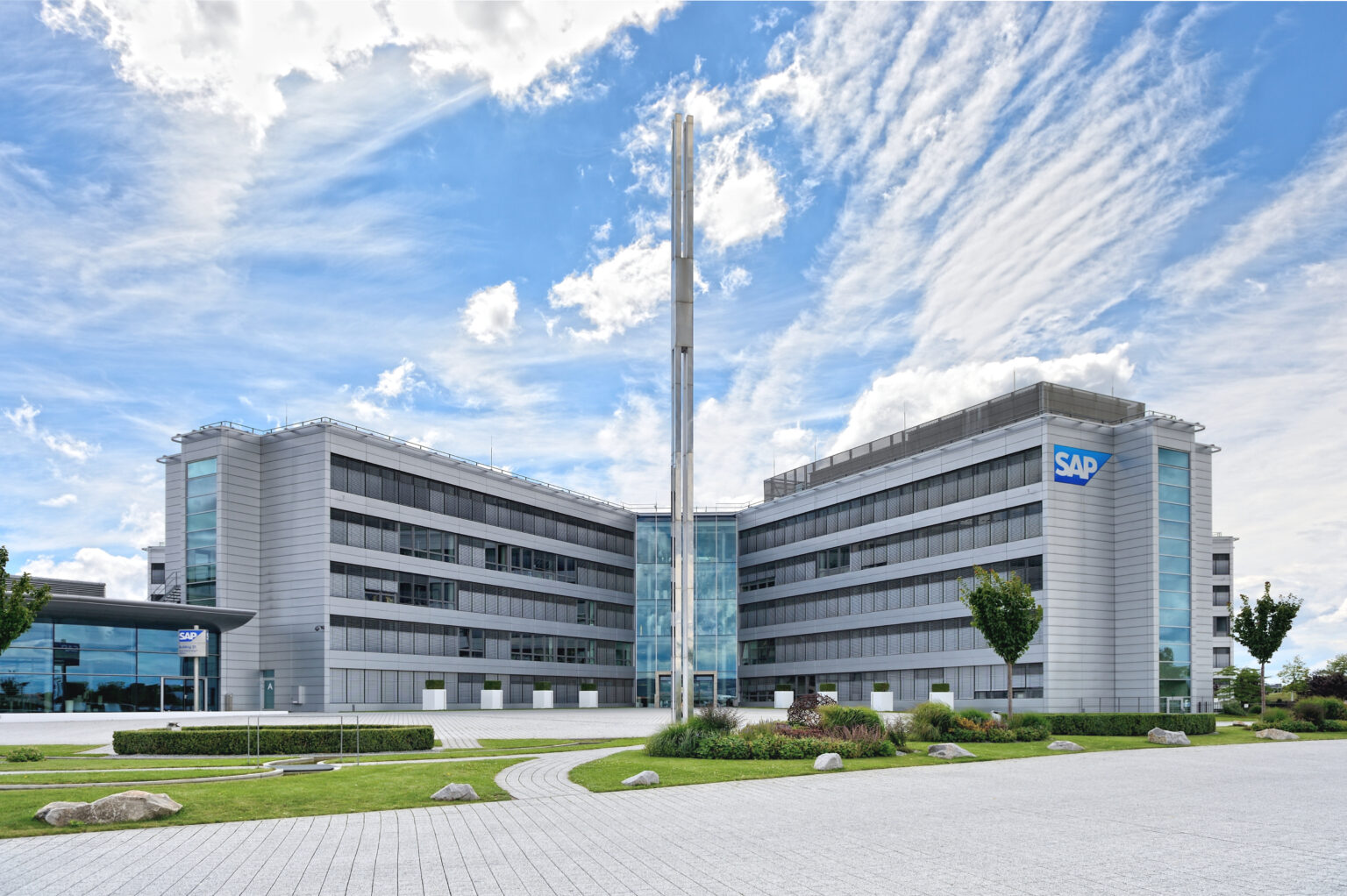The U.S. Supreme Court has dealt a setback to SAP SE, Europe’s largest software company, by refusing to hear its appeal in an ongoing antitrust dispute with U.S. data analytics firm Teradata. The decision lets stand a 2024 ruling from the Ninth Circuit Court of Appeals that allows Teradata to move forward with its antitrust lawsuit against SAP, Reuters reported.
The dispute centers on allegations that SAP engaged in illegal tying practices in violation of U.S. antitrust law. Teradata, headquartered in San Diego, filed its lawsuit in 2018, accusing SAP of forcing customers to purchase its proprietary database system as a condition for accessing its business-planning software. Teradata contends that this conduct unlawfully restricted competition in the market for analytics databases, where Teradata’s products directly compete with SAP’s offerings.
SAP, based in Germany, has denied any wrongdoing. It argues that its business-planning applications and database technologies are integrated components of a single, innovative system designed to improve performance and efficiency for customers. The company maintains that this integration delivers substantial consumer benefits and enhances competition rather than suppressing it.
In 2020, a federal district court dismissed Teradata’s antitrust claims, siding with SAP. However, the Ninth Circuit revived the case in 2024, finding that material factual disputes existed regarding whether SAP’s conduct constituted unlawful tying under U.S. competition law. The appellate court’s ruling held that the case should proceed to trial, allowing a jury to determine whether SAP’s actions had anticompetitive effects.
SAP sought Supreme Court review, arguing that the Ninth Circuit applied an unduly rigid version of the “per se” rule—under which certain conduct is presumed to be illegal without detailed analysis of its competitive effects. The company contended that the appellate decision conflicted with precedent from a 2001 D.C. Circuit ruling in the landmark United States v. Microsoft case, which took a more nuanced “rule of reason” approach to evaluating alleged tying arrangements in the software industry.
Teradata urged the Supreme Court to reject SAP’s petition, emphasizing that the Ninth Circuit’s reasoning was consistent with established antitrust principles and that there was no genuine conflict among the federal circuits on the issue. The Court ultimately declined to intervene, without comment, allowing the case to move forward in the lower courts.
The case is now set for trial in April 2026 in federal court in California. In addition to Teradata’s antitrust claims, the proceedings will address SAP’s counterclaim accusing Teradata of infringing its patents.
The litigation has drawn significant attention from the technology sector, with both Meta Platforms and Microsoft filing an amicus brief in support of SAP. The companies argued that aggressive application of the per se rule to complex software integrations could chill innovation and disrupt the development of interoperable technologies.
The Supreme Court’s refusal to hear the appeal represents a procedural win for Teradata and ensures continued scrutiny of SAP’s product bundling practices under U.S. antitrust law. The outcome of the 2026 trial could have far-reaching implications for how courts assess integration and tying in digital markets—particularly as enterprise software systems become increasingly interconnected.
